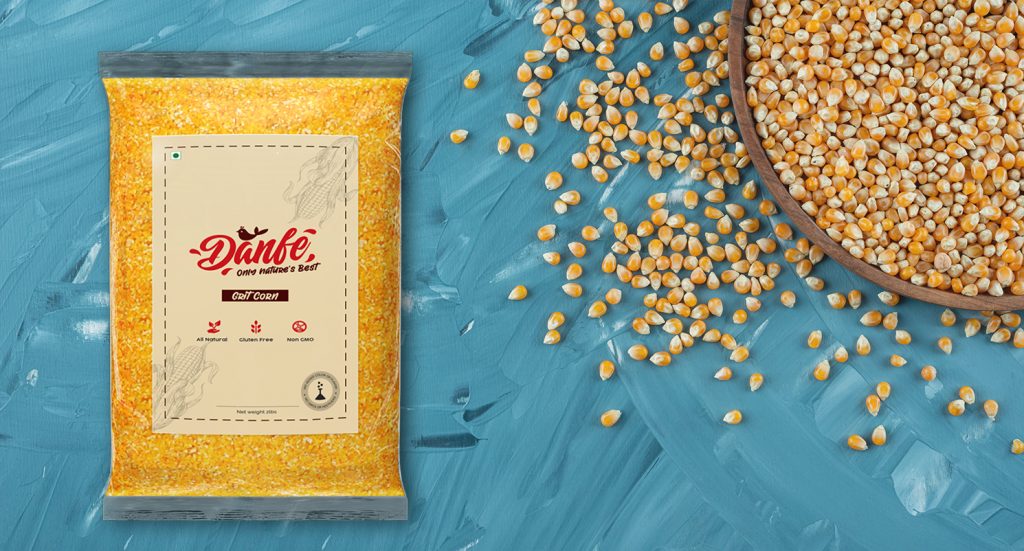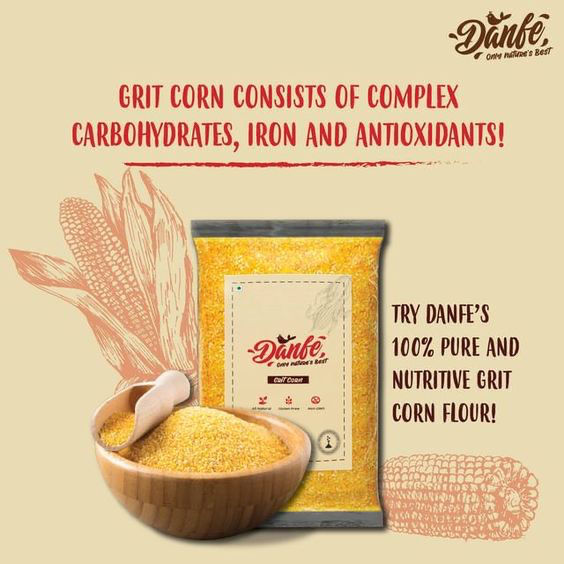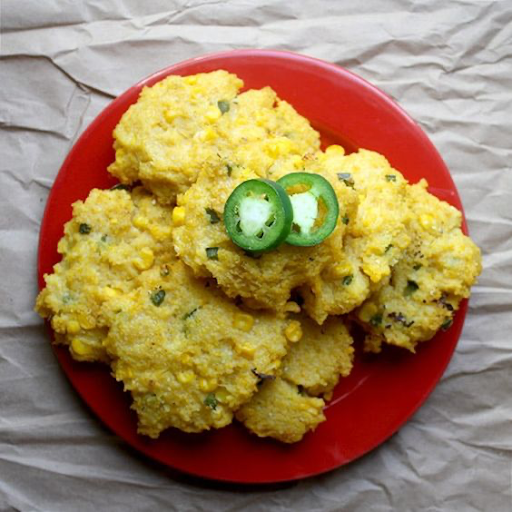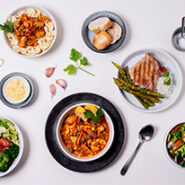Grit Corn Flour: Health Benefits, Nutrition Facts and More
BY DANFE |

Corn grits consist of kernels with three main components i.e the hull, the germ, and the inner starch. Corn grits are popularly consumed across the Southern United States. There are different types of corn grits flour available for purchase, each of which treats the whole kernel a little differently.
Usually made from a variety of corn known as dent corn, which consists of a softer, starchy kernel, they’re mostly served as a breakfast or side dish and. These crushed corn granules are usually cooked in hot water, milk, or broth until they reach a thick yet creamy porridge-like consistency. Corn grits are served with flavorful ingredients, such as butter, sugar, syrups, cheeses, and more.
Nutrition Facts of Grit Corn Flour
According to studies, one serving of stone-ground corn grits flour provides 10% of the recommended daily intake of iron. These grit corns are also an amazing source of multiple B-complex vitamins, like folate, niacin, pyridoxine, riboflavin, and thiamine.
¼ cup of serving of dry corn grits flour (about a cup when cooked) consists of:
- Calories: 154
- Protein: 4 grams
- Fat: 1 gram
- Carbohydrates: 33 grams
- Fiber: 1 gram
- Sugars: 0 grams

Now let’s take a look at some of the excellent corn grits benefits.
Benefits of Grit Corn Flour
Improves eye health
Antioxidants like lutein and zeaxanthin found in grits, contribute to improving vision and eye health thereby protecting against age-related eye diseases. However, lutein gets dissolved in hot oil while heating, therefore frying grits will reduce their lutein content.
Helps reduce the risk of anemia
Loaded with iron, corn grits flour helps fight against the development of iron deficiency anemia which is common in older people. They also consist of a large amount of folate, which prevents vitamin deficiency anemia.
Gluten-free
Most people can eat gluten-based foods since they are non-allergic to gluten. However, people with celiac disease or non-celiac gluten sensitivity may come across side effects such as bloating, diarrhea, constipation, stomach pain, and fatigue. Corn grits flour is naturally gluten-free and can be consumed by people with celiac disease. Although, it is wise to check the label for warnings of gluten contamination.
How to Prepare Grits – The Healthy Way
Though grits are usually served with ingredients that are rich in calories, you can also prepare them in a healthier way.
Here are a few tips to make your grits healthier:
- Use cheese and butter in limited amounts or try nutritional yeast for that cheesy flavor.
- Replace butter with olive oil.
- Try roasted vegetables.
- Add fresh fruit instead of syrups.
- Use low-fat milk or more water or broth.

Image courtesy: Pinterest
Grits are a staple Southern American dish that is rich in iron and B vitamins. Stone-ground varieties of corn grits flour are more nutritious, as they undergo less processing than quick or regular grits. Danfe’s Grit Corn Flour reminds you of the traditional homemade breakfast while keeping you healthy.




